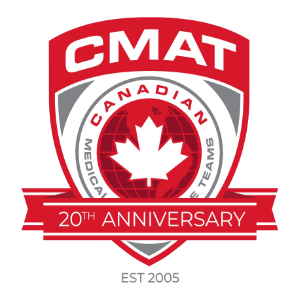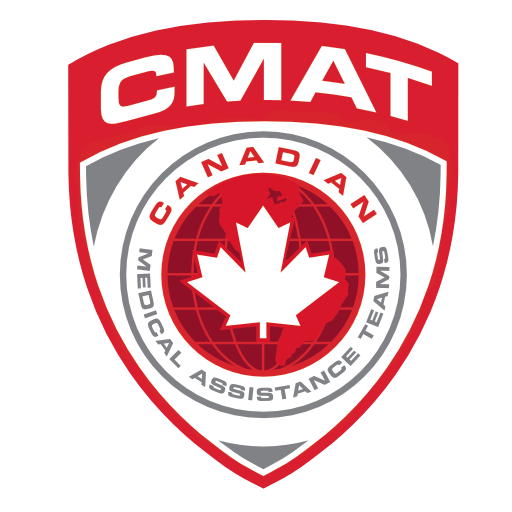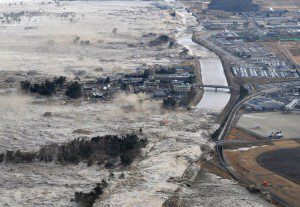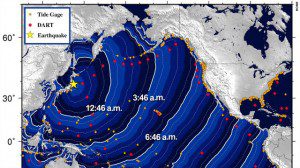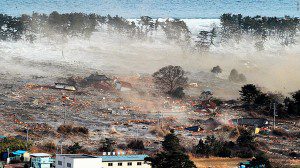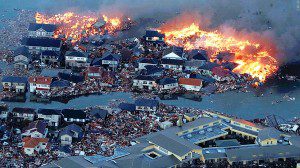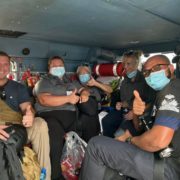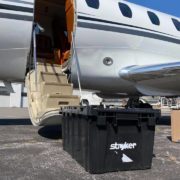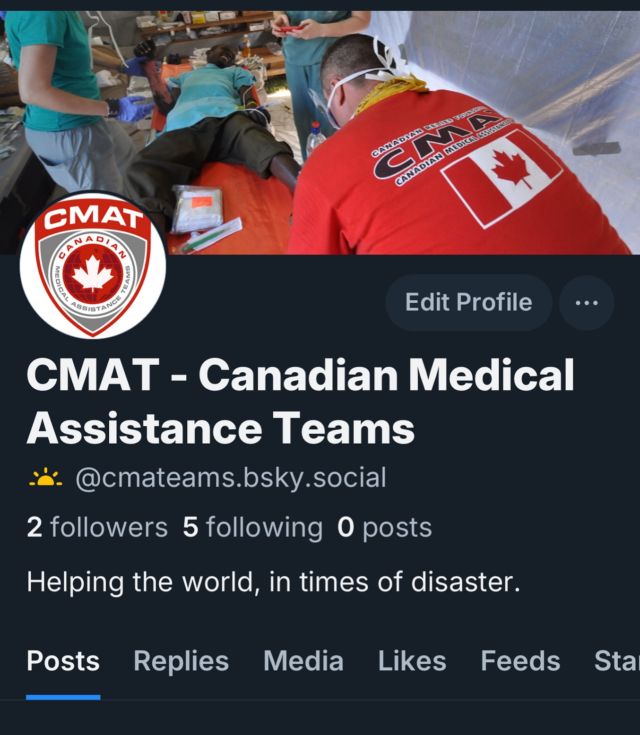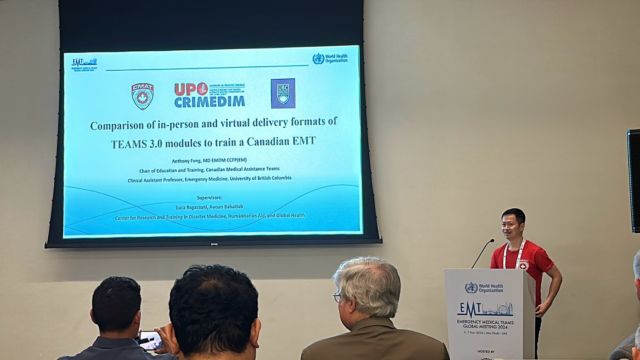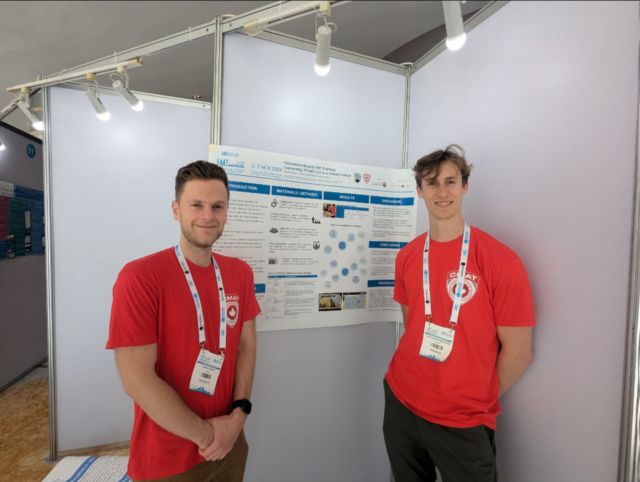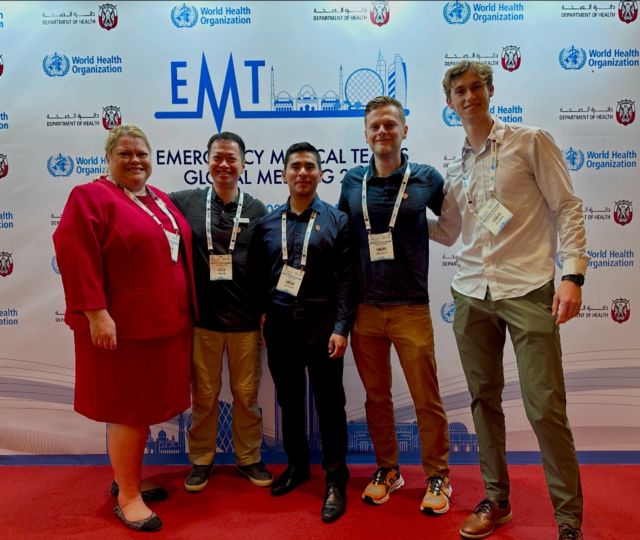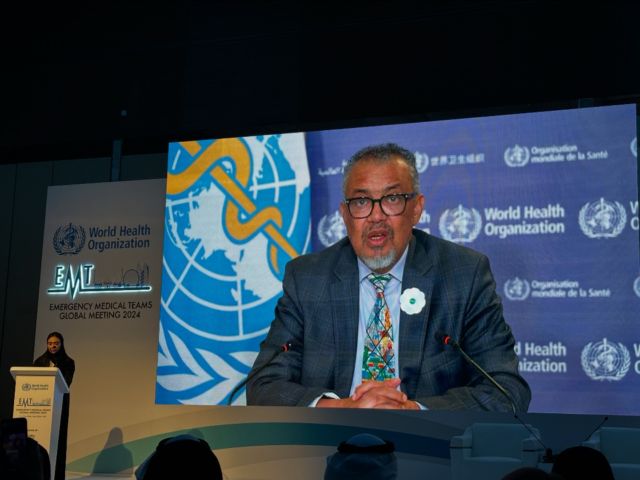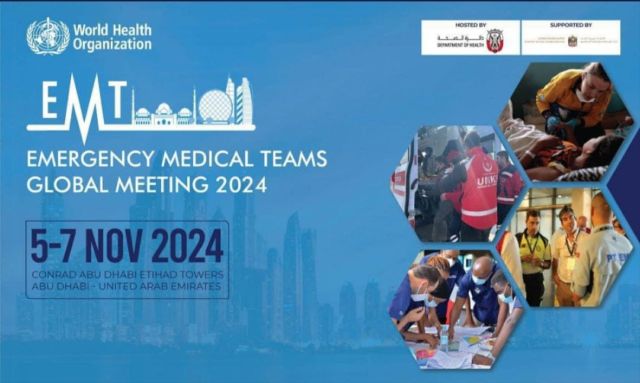CMAT Rapid Assessment Team standing by for response after 8.9 earthquake and tsunami in Japan.
The quake unleashed a tsunami that swept boats, cars, buildings and tonnes of debris kilometres inland. Here the tsunami strikes shores along Iwanuma. (Photo courtesy Kyodo News/AP)
Friday, March 11, 2011 – The largest earthquake in Japan’s recorded history struck offshore on Friday, and police say they’ve found as many as 300 bodies in the north-eastern coastal area that bore the brunt of the tremors and ensuing tsunami. The earthquake struck at 2:46 p.m. local time on Friday afternoon, at a depth of 10 kilometres about 125 kilometres off the eastern coast, and was followed by at least 19 powerful aftershocks.
Japan’s meteorological agency said the initial earthquake registered at a magnitude of 8.8, while the U.S. Geological Survey said it measured a magnitude 8.9 — enough to rank it fifth among all quakes registered in the past 111 years. Most of the aftershocks registered at 6.0, with one reaching 7.1. Residents of coastal areas were urged to move to higher ground in advance of more devastating waves that experts warn could hit nations throughout Southeast Asia and reach as far away as South America, Alaska, the U.S. West Coast and British Columbia.
The threat of a tsunami prompted the U.S. National Weather Service to issue a warning for at least 50 countries and territories after an 8.9-magnitude earthquake struck Japan Friday. The wide-ranging list includes Russia and Central American countries like Guatemala, El Salvador and Costa Rica and the U.S. state of Hawaii. (Map courtesy CNN.com)
Several waves, including one estimated at 7-metres high, sent crushing walls of water littered with boats and buildings over cities and coastal farmland as well as the airport near the region’s largest city, Sendai. Officials say there were no reports of leaks at any of the affected nuclear facilities. Although initial reports suggest no major damage in Tokyo, the train and subway service that typically carries more than 10 million travellers every day has been halted, stranding countless rush hour commuters. Service has also been halted indefinitely at the city’s Narita airport.
Houses are left in shambles in Natori after the powerful quake unleashed walls of water. (Photo courtesy CNN.com)
CMAT’s Rapid Assessment Team has been activated, and remains on standby, ready to deploy pending further developments. Because Japan is situated in the earthquake and volcano-prone region of the Pacific known as the “Ring of Fire”, it is among the countries best prepared for such devastating events. The magnitude 7.2 temblor that devastated Kobe in 1996 killed 6,400 people.
Upon the assessment and instruction of CMT’s Rapid Assessment Team, the organization has the capability to deploy highly skilled medical teams, with a fully equipped, inflatable field hospital with surgical capability to the region within 24 to 48 hours to provide medical support in partnership with national authorities, the United Nations Resident Coordinator and other coordinated international relief providers on-site.
Houses swept out to sea burn in the aftermath of the quake. (Photo courtesy CNN.com)
Skilled and experienced CMAT volunteers have previously responded to disasters in Indonesia, Pakistan, China and Haiti and are ready for deployment depending on need. Personnel include Search and Rescue experts, critical care paramedics, emergency/ trauma physicians and surgeons, and emergency nurses and nurse practitioners.
Donate now to Japan Earthquake and Tsunami Relief!
Magnitude 8.9 – NEAR THE EAST COAST OF HONSHU, JAPAN
GDACS Impact Assessment: Red Earthquake and Tsunami Alert in Japan
